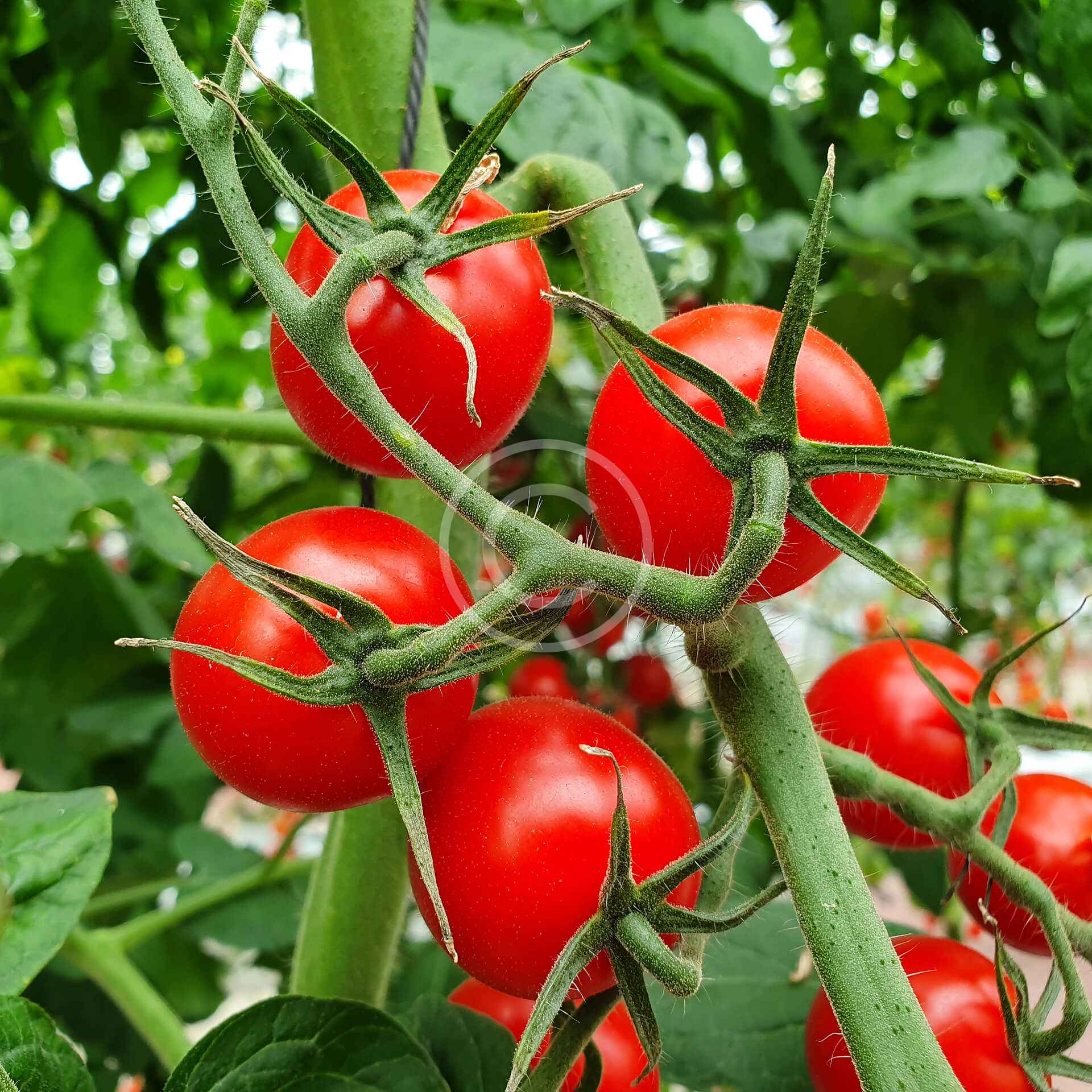The COMESA Biosafety and Biotechnology Implementation Plan (COMBIP) was launched in 2016 and currently ACTESA is working with International Service for Acquisition of Agri-biotech Applications (Africa Center) on agreed upon initial short-term interventions that includes supporting establishment of the COMESA Panel of Experts (PoE) on biotechnology and biosafety; development and/or harmonisation of Standard Operating Procedures (SoPs) for the Regional Biosafety Risk Assessment Mechanism and establishing database for risk assessors and GMO risk-assessment subcommittee (GRASCOM); creation of a database of new breeding innovations such as genome editing applications in Africa to serve as a reference resource and repository for policy makers and key stakeholders. Other medium term COMBIP activities include:
- Strengthening awareness, communication on agricultural biotechnology and biosafety in line with COMBIP’s aim of enhancing biotechnology and biosafety awareness within the COMESA region;
- Facilitating public engagements on biotechnology and biosafety discourse through various convening platforms and study tours for experiential learning;
- Building the capacity of media practitioners to effectively and objectively communicate about biotechnology and biosafety issues for informed policy and choices;
- Supporting Biosafety Regulatory Capacity and Biotechnology Development in COMESA Member States through assessing the status of Biotechnology development policies and Biosafety regulatory frameworks in COMESA Member States; supporting their upgrade and enhancing the capacity of COMESA Member States for Biotechnology research, product development, biosafety regulation and communication;
- Facilitating the testing of the regional risk assessment process through appropriate case studies and periodically document the economic impacts of a regional approach to risk assessment based on the concept of “data transportability;
- Supporting creation of a database of new breeding innovations such as genome editing applications in Africa to serve as a reference resource and repository for policy makers and key stakeholders;
- Identifying and spotlight opportunities and regulatory approaches that may impact the application of new breeding innovations in COMESA Member States;
- Developing a data-driven model communication strategy on new breeding innovations across COMESA Member States; and
- Supporting establishment of linkages between the private sector and the research community to spur investment and trade with agricultural biotechnology products.

